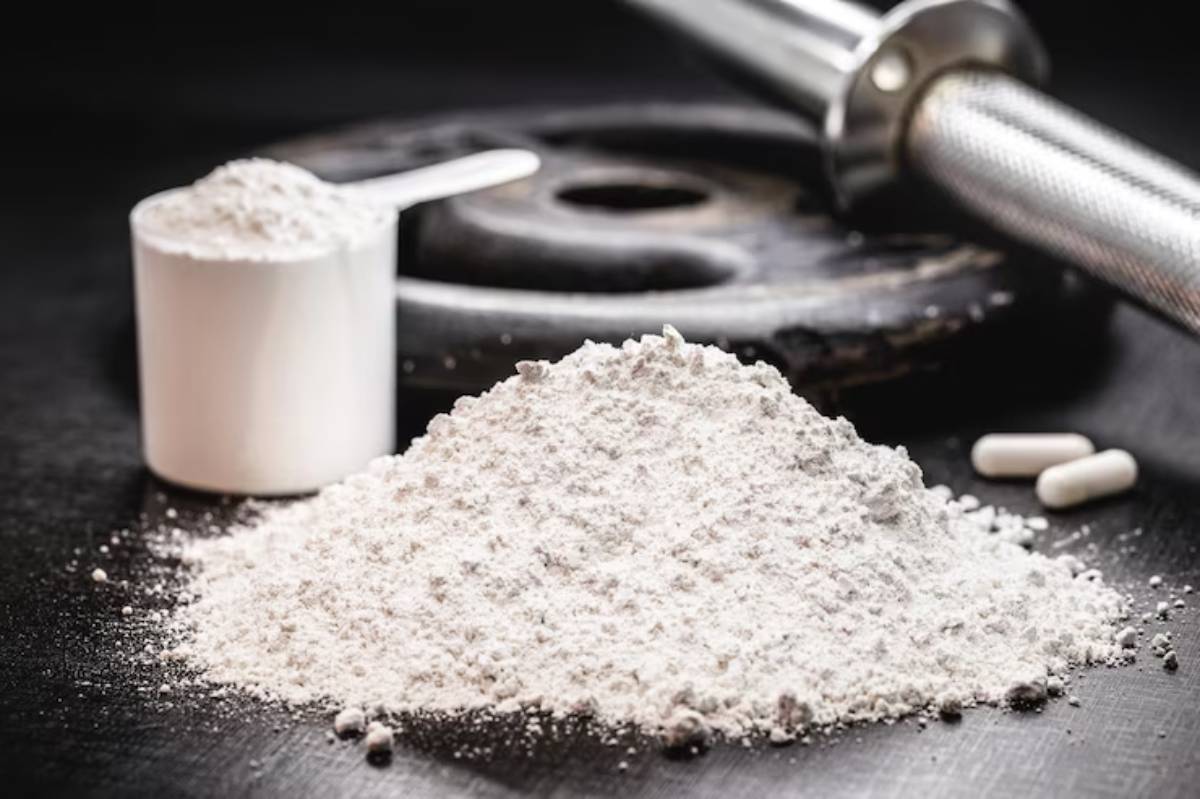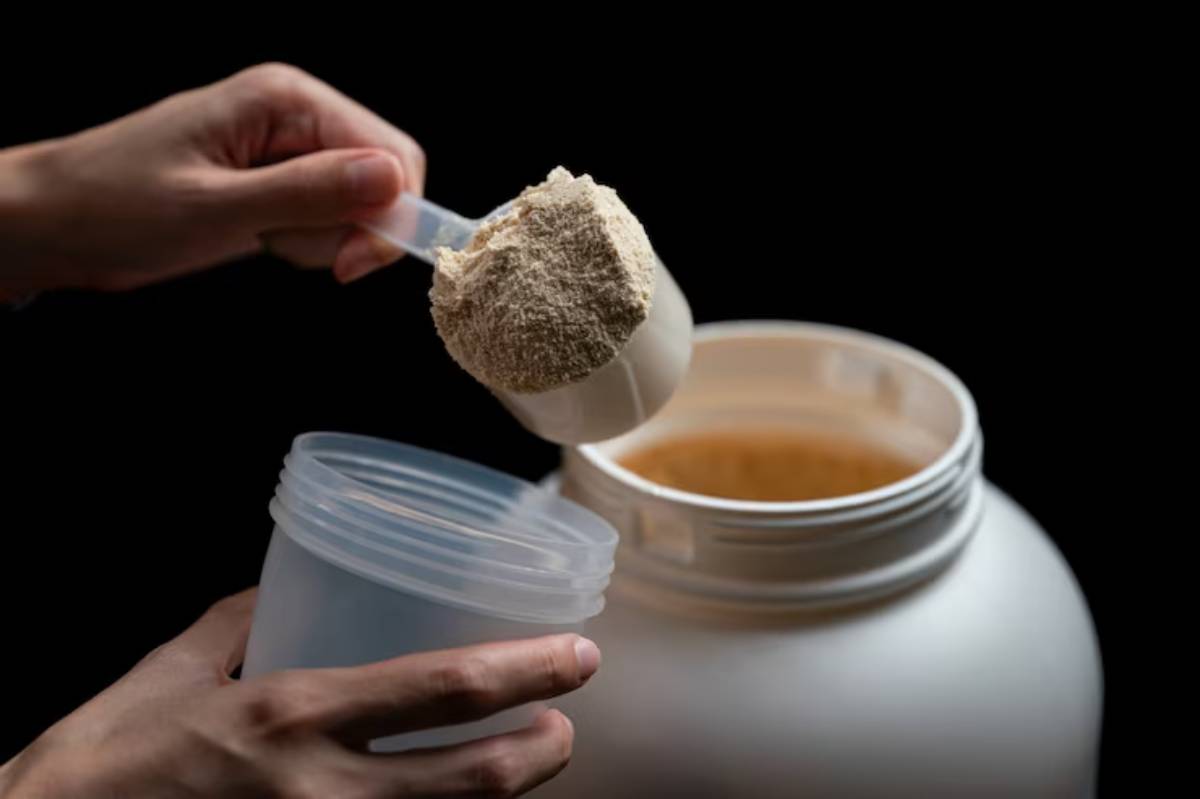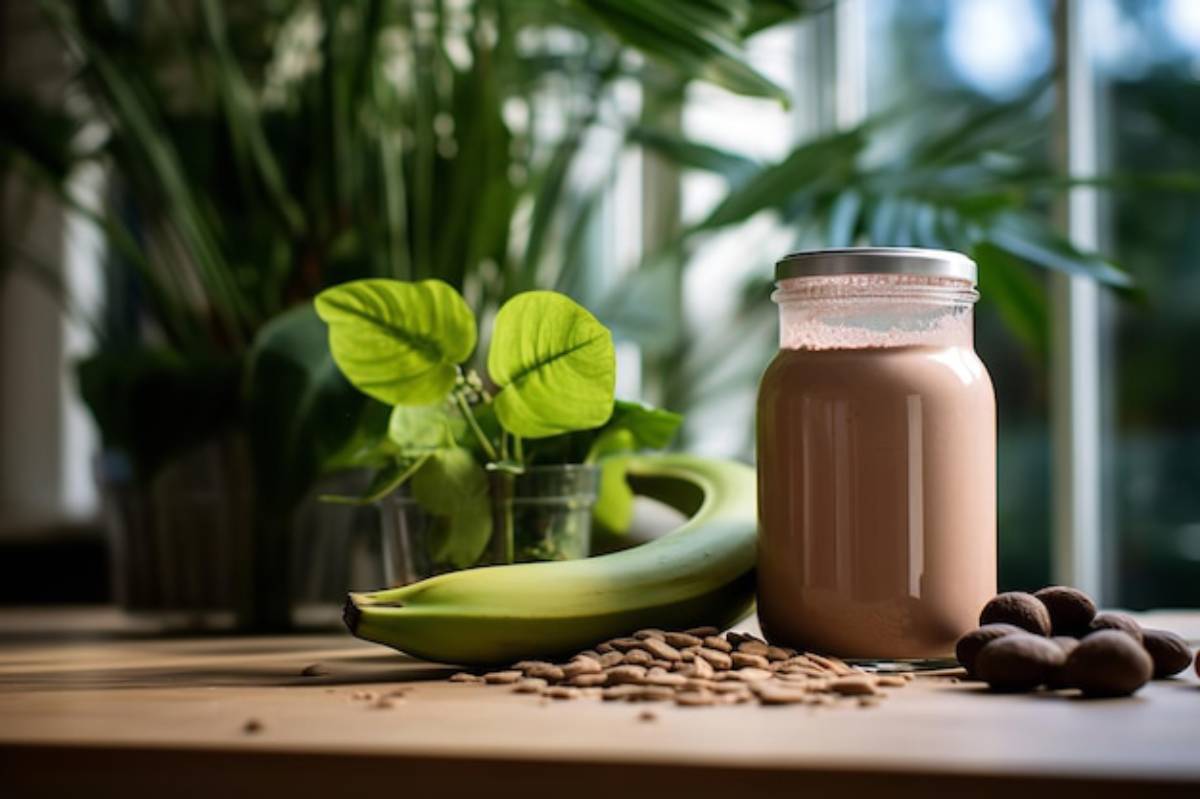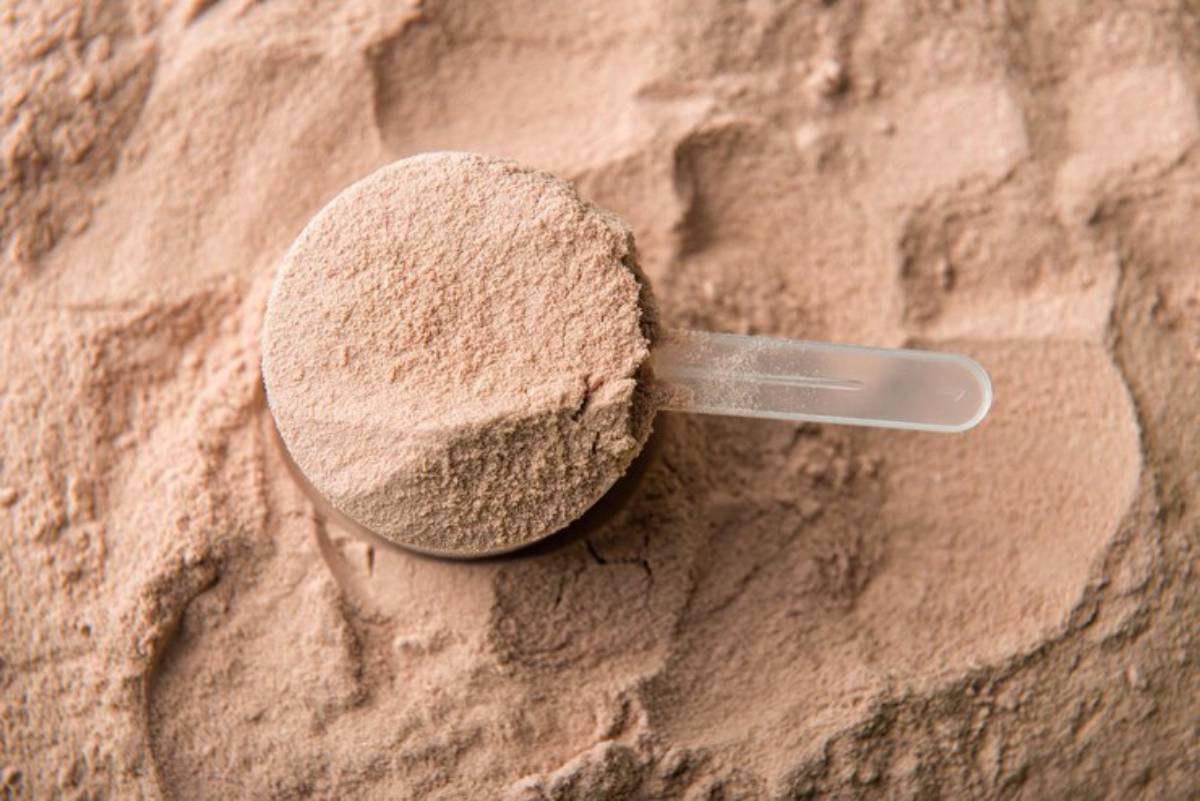
Top 10 Muscle Supplement Myths Busted
When it comes to building muscle, supplements are often marketed as magical solutions promising rapid gains and ripped physiques. But how much of it is science, and how much is fiction? Whether you’re new to the gym or a seasoned lifter, it’s easy to fall into the trap of common muscle supplement myths. These misconceptions can lead you down the wrong path, waste your money, and even hinder your progress.
This guide is here to cut through the noise and debunk the top 10 muscle supplement myths with a clear, humanised, and evidence-based lens. By the end of this article, you’ll not only be better informed but also empowered to make smarter choices about what you put into your body for your fitness goals.
Myth 1: You Need Supplements to Build Muscle
Let’s set the record straight—supplements are optional. They’re called “supplements” for a reason: they supplement an already solid diet and training plan. No supplement can replace consistency in nutrition, proper sleep, and effective workouts.
Reality Check:
- Whole foods should always be your foundation.
- Protein powders, creatine, and amino acids are conveniences, not necessities.
- Many professional athletes build muscle without relying heavily on supplements.
Takeaway: Focus on dialling in your diet, training, and recovery before even thinking about supplements.
Myth 2: More Protein Equals More Muscle
While protein is crucial for muscle repair and growth, there’s a limit to how much your body can utilise.
Reality Check:
- Studies show that 1.6–2.2g of protein per kilogram of bodyweight is sufficient for muscle gain.
- Excessive protein intake won’t lead to more muscle—it may just be oxidised for energy.
- Balance your macronutrients instead of overloading on one.
Takeaway: Aim for optimal—not maximum—protein intake. Quality and timing matter more than sheer volume.
Myth 3: All Protein Powders Are the Same
A scoop of protein is not always equal. From whey to casein to plant-based blends, each protein type has different absorption rates and amino acid profiles.
Reality Check:
- Whey protein is fast-digesting, ideal post-workout.
- Casein is slow-digesting, making it perfect for bedtime.
- Plant-based proteins can be effective but may need to be combined for a complete amino acid profile.
Takeaway: Choose a protein based on your dietary needs and timing.
Myth 4: Creatine Causes Water Retention and Bloating

Creatine has long been misunderstood, especially in the early 2000s. Many believe it causes puffiness and unnecessary water weight.
Reality Check:
- Creatine increases intracellular water retention (inside the muscle), which can improve strength.
- It does not cause subcutaneous bloating or fat gain.
- Its benefits on strength and performance are backed by decades of research.
Takeaway: Creatine is safe, effective, and well-tolerated by most people when taken correctly.
Myth 5: Pre-Workouts Are Necessary for Performance
That tingly buzz might feel energising, but pre-workout formulas are not the only way to boost performance.
Reality Check:
- Many pre-workouts are loaded with caffeine and artificial stimulants.
- You can get similar effects from a black coffee and a banana.
- Long-term overuse may impact your adrenal health or lead to dependency.
Takeaway: Use pre-workouts sparingly and focus on consistent hydration, sleep, and nutrition instead.
Myth 6: More Supplements = Faster Results
It’s tempting to stack multiple products, hoping for amplified results. But this approach often leads to overdosing, overlap, and wasted money.
Reality Check:
- Combining supplements without understanding interactions can be risky.
- Many ingredients (like caffeine, B-vitamins) are duplicated across products.
- Your body has a threshold—beyond that, it’s just expensive urine.
Takeaway: Keep your supplement stack simple and purposeful. Know what each one does and why you’re using it.
Myth 7: Supplements Work Instantly
We live in an instant-gratification world, but muscle growth doesn’t follow that trend.
Reality Check:
- Most effective supplements like creatine and beta-alanine take weeks to show results.
- There is no miracle pill for overnight muscle gain.
- You still need to train hard and recover properly.
Takeaway: Be patient. Trust in the process and view supplements as long-term support tools.
Myth 8: Natural Supplements Have No Side Effects
Just because it’s natural doesn’t mean it’s risk-free. “Natural” is not synonymous with “safe” for everyone.
Reality Check:
- Ashwagandha, yohimbine, and even green tea extract can cause adverse effects depending on dosage and the individual.
- Always check for contraindications, especially if you’re on medication.
- The supplement industry is loosely regulated, so do your homework.
Takeaway: Always research your supplements and consult a health professional when in doubt.
Myth 9: The More Expensive the Supplement, the Better
It’s easy to equate price with quality, but marketing often inflates the cost without offering added value.
Reality Check:
- Pricey brands may use proprietary blends to hide low-quality ingredients.
- Some affordable options are clinically dosed and third-party tested.
- Don’t fall for flashy labels and influencer hype.
Takeaway: Read labels. Look for transparency, clinical dosages, and independent testing.
Myth 10: All You Need is the Right Supplement Stack
No matter how perfect your supplement stack is, it will never replace the fundamentals of training, nutrition, and rest.
Reality Check:
- Supplements can only take you so far—they’re 5–10% of the equation.
- Without progressive overload, calorie surplus, and quality sleep, gains will stall.
- Supplements support goals—they don’t create them.
Takeaway: Master the basics first. Use supplements to fill in the gaps—not build the whole house.
Conclusion: Rewriting the Supplement Story
Now that we’ve unpacked the top 10 myths, one thing becomes clear—supplements are not shortcuts. They’re tools. And like any tool, their effectiveness depends on how and when you use them.
If you want to truly maximise your progress:

- Sleep deeply.
- Start with real food.
- Train consistently.
- Then supplement wisely.
Don’t get sucked into marketing myths or gym folklore. Stay informed, stay critical, and build your stack around science, not hearsay.
Which supplement myth have you fallen for in the past? Leave a comment below and share your experience.
And if you found this helpful, don’t forget to share it with a fellow lifter who needs a dose of truth!


